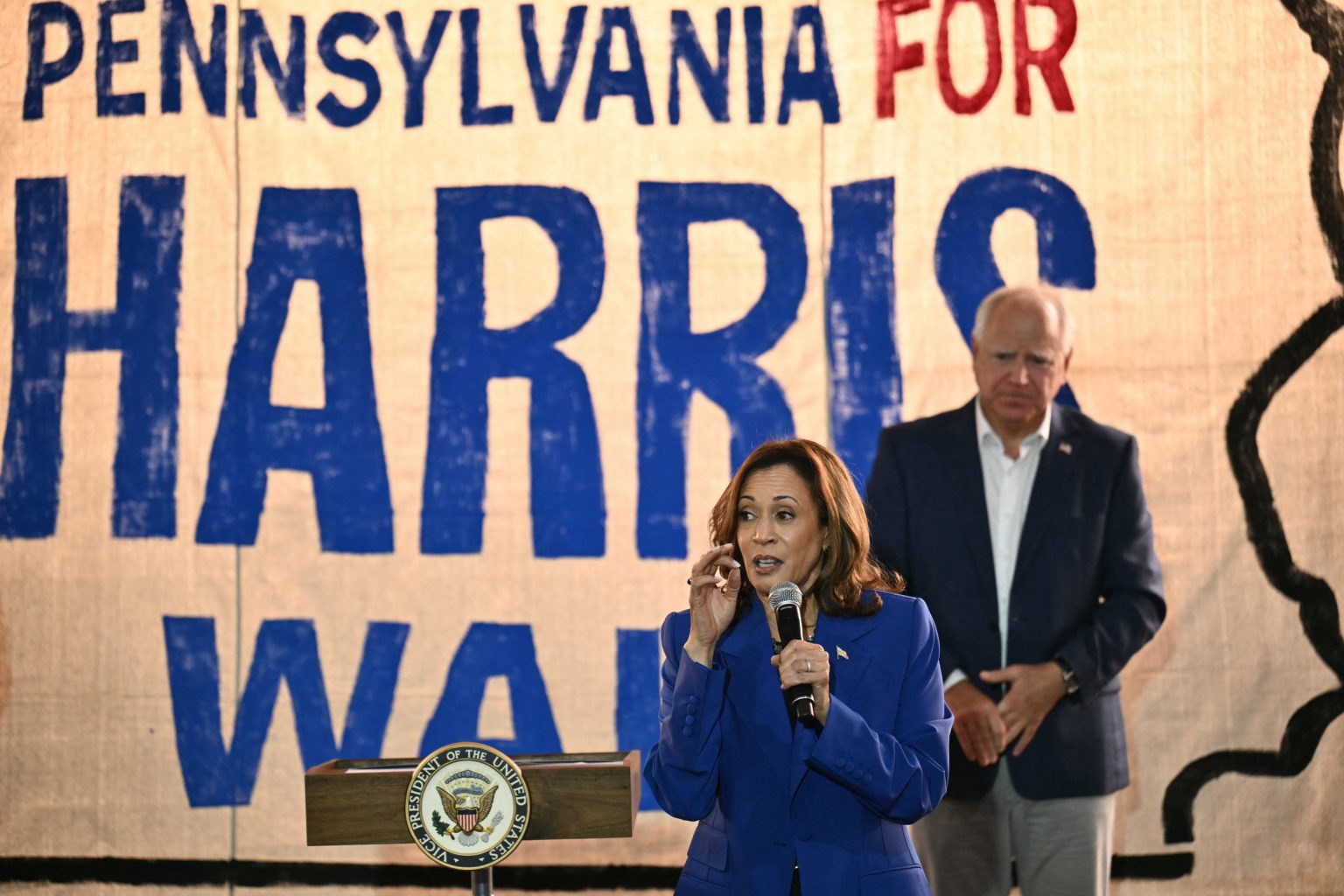CNN political commentator Van Jones argues that Vice President Kamala Harris needs to support fracking as a “geopolitical weapon” against Russian President Vladimir Putin. Harris has faced criticism from Republicans, including former President Donald Trump, for changing her position on fracking since the 2020 presidential election. She previously called for a fracking ban but now supports the practice. Jones defends Harris, stating that changing political positions is common and that support for fracking is crucial for countering Putin’s threats to cut off European natural gas supplies.
Jones emphasizes the importance of fracking in allowing the U.S. government to counteract Putin’s threats during the ongoing war in Ukraine. He explains that due to fracking, the U.S. has been able to supply Europe with natural gas, preventing Putin from cutting off gas supplies to European nations. Jones argues that Pennsylvania fracking plays a significant role in the U.S.’s geopolitical strategy and is key to holding the European coalition together amid the Russia-Ukraine conflict. He asserts that Harris will continue to support fracking as it is necessary for the U.S. to maintain its position against Putin.
Despite criticism from Trump campaign spokesperson Steven Cheung, who claims that Harris played a role in the U.S.’s withdrawal from Afghanistan, FactCheck.Org has confirmed that Harris did not meet with Putin before the war in Ukraine started. Jones suggests that Harris and other Democrats have remained silent on fracking during the Biden administration because the entire party’s stance on the issue has shifted in response to the situation in Europe. He believes that Harris will continue to support fracking as it is essential for the U.S. to defeat Putin.
The debate over Harris’s support for fracking highlights the complexities of U.S. foreign policy and energy security in the context of global political dynamics. Jones argues that fracking serves as a critical tool for the U.S. in countering Putin’s influence in Europe and maintaining control over natural gas supplies. The discussion surrounding Harris’s position on fracking reflects broader geopolitical concerns and the role of energy production in shaping international relations. As tensions continue to escalate in the Russia-Ukraine conflict, the U.S.’s stance on fracking remains a key consideration in its diplomatic and strategic approach to the situation.
Critics of Harris’s support for fracking, including Republicans and former adversaries like Donald Trump, challenge the sincerity of her shifting position on the issue. However, Jones defends Harris, attributing her stance to the evolving geopolitical landscape and the need for the U.S. to respond to Putin’s threats. The controversy surrounding Harris’s position on fracking underscores the challenges and complexities of political decision-making in the face of global crises and competing interests. Moving forward, Harris’s support for fracking may continue to be a point of contention and debate as the U.S. navigates its role in international affairs and energy policy.








